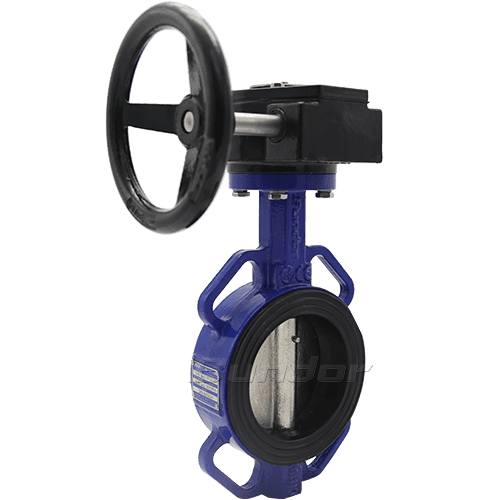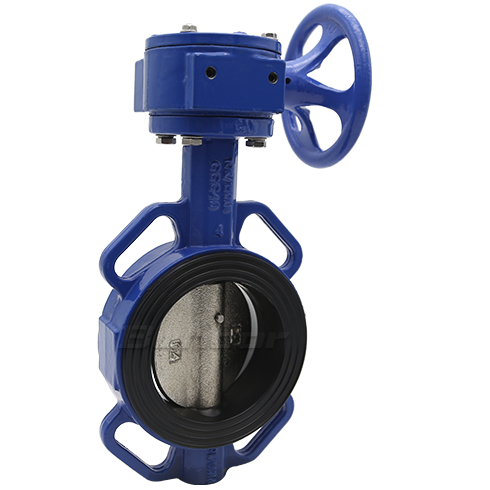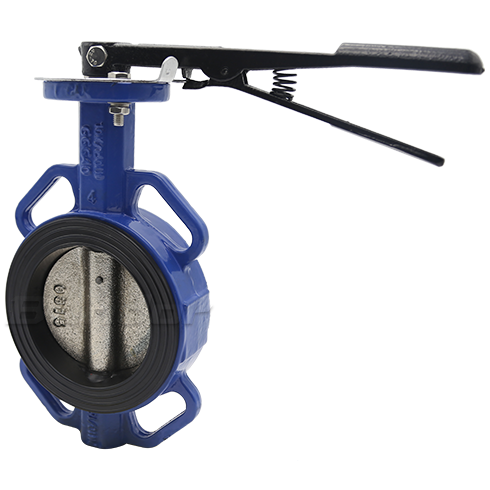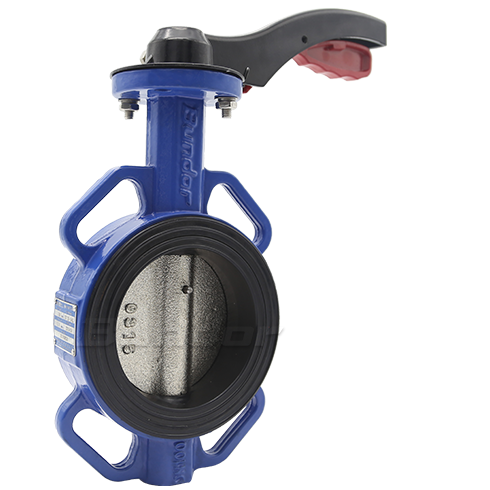To choose a soft-sealed gate valve, you must first select the corresponding product according to the different use environment, that is, the medium. Followed by some other technical parameters such as specifications, pressure and so on. Correct selection can ensure that the performance characteristics of the soft-sealed gate valve are brought into full play, as well as the good operation of the pipeline, prolong the service life of the pipeline, pump and valve, and achieve the expected use effect of production. There are many types of rubber, the best and most economical ones are nitrile rubber and natural rubber. As an elastic sealing pair, they have high elasticity, high tensile strength, good wear resistance and drought resistance. The operating temperature range: about -60℃~80℃ Non-corrosive or general corrosive medium, which can be water, gas, etc.
Soft-sealed gate valve, the inner surface of the valve body is unlined or covered with various rubbers, suitable for various working temperatures and fluid pipelines. Relatively speaking, as a soft-sealed gate valve, the rubber gate valve is not as resistant to high temperature and corrosion as the fluorine-lined gate valve, which is a disadvantage of the rubber seal. Fluorine-lined gate valve, also known as fluoroplastic lined corrosion-resistant valve, is a method of placing polytetrafluoroethylene resin on the inner wall of the steel or iron valve pressure-bearing part or the outer surface of the valve inner part by molding or inlaying. The unique properties of resistance to strong corrosive media are made into various types of valves.
When choosing a soft-sealed gate valve, it is necessary to fully consider the main issues such as medium, temperature, pressure, caliber, etc., to ensure that the use of the valve conforms to the working conditions and the characteristics of the product itself, and maintains its service life.








